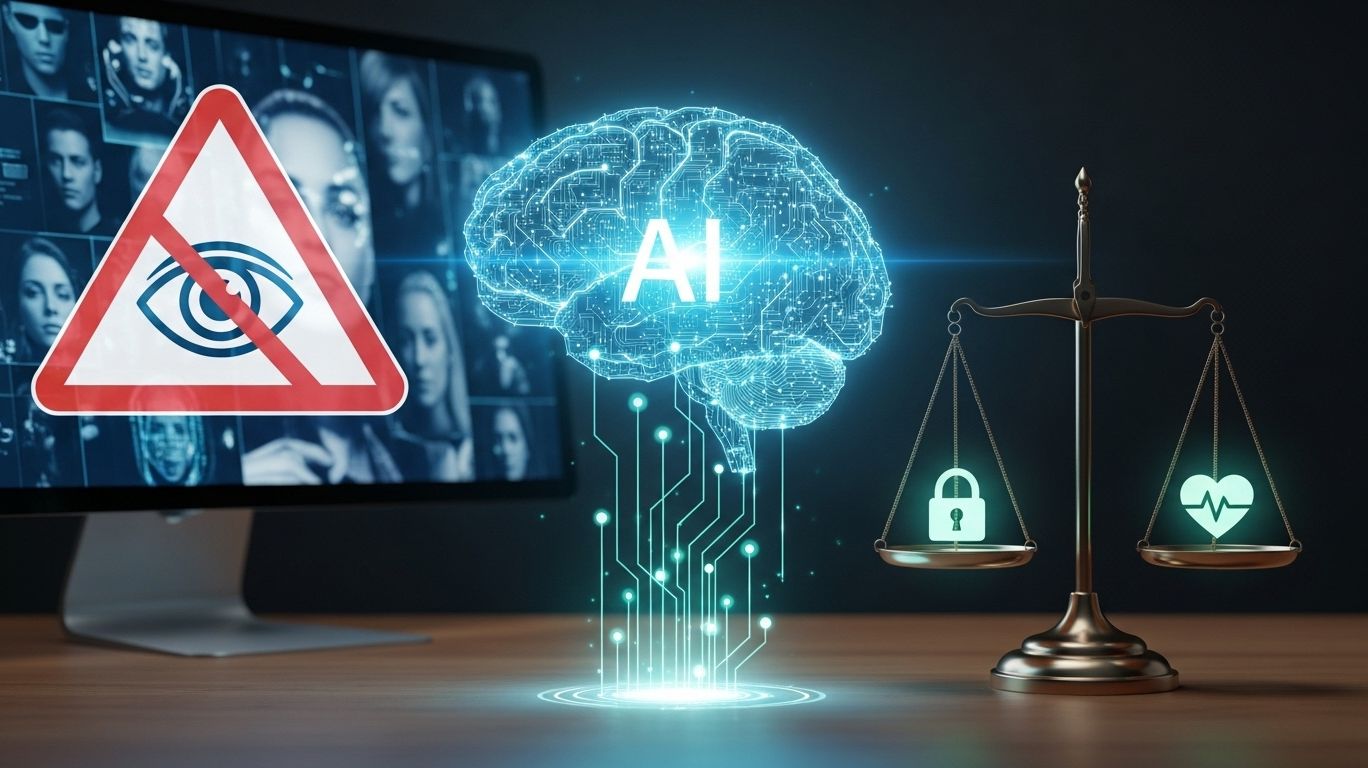
Artificial intelligence has revolutionized digital media, unlocking entertainment, design, and communication possibilities. Yet its rapid growth has also introduced profound ethical dilemmas. Among the most contentious uses is the creation of deepfakes—Jenna Ortega AI porn-generated videos or images that seamlessly replace one person’s face with another’s. When public figures such as actress Jenna Ortega become subjects of non-consensual explicit deepfakes, the consequences extend far beyond technology, raising questions about consent, privacy, and accountability.
This article examines how deepfakes work, the risks they pose to individuals and society, and the measures needed to guide AI development responsibly. It also highlights the importance of platforms such as Newgirlfriend.ai, which demonstrate how AI can be applied creatively and ethically while prioritizing safety and respect.
Deepfakes employ advanced machine learning algorithms to create highly realistic but fabricated content. At their core, they involve training an AI system on vast datasets of images and videos to replicate facial features, expressions, and movements. Once trained, the model can impose a likeness—such as Jenna Ortega’s—onto another body in video or photo form.
The technical process involves four stages:
Although the technology was initially developed with creative potential—such as adding characters to film scenes without reshooting—it has quickly become a tool for generating explicit content without consent. The fact that even seasoned viewers often struggle to distinguish deepfakes from authentic recordings demonstrates both the power and the risk of this innovation.
When public figures like Jenna Ortega are targeted, the stakes become higher. Such misuse not only violates personal privacy but also sets troubling precedents for the exploitation of digital likenesses more broadly. Unlike traditional image manipulation, deepfakes operate at a scale and realism that amplify their potential harm.

The ethical concerns surrounding deepfakes are primarily centered on consent, autonomy, and misuse. Creating explicit material of a real person without their approval undermines individual dignity and causes emotional harm.
For celebrities such as Jenna Ortega, reputational damage can ripple across professional and personal spheres, yet private individuals are equally at risk.
The main ethical challenges include:
From a legal standpoint, many jurisdictions are racing to keep pace with this emerging issue. In the United States, states such as California have enacted laws criminalizing the creation and distribution of non-consensual explicit deepfakes. Similar frameworks exist in parts of Europe, where such material can fall under harassment, defamation, or revenge porn statutes. However, enforcement remains inconsistent, and gaps persist in global regulation.
One notable example was the removal of the DeepNude app in 2019 following public backlash and legal scrutiny. The app allowed users to generate explicit imagery from clothed photos, demonstrating how quickly unregulated AI tools can spiral into misuse. This case underscores the need for proactive safeguards rather than reactive measures.
Newgirlfriend.ai offers an instructive contrast. By incorporating filters, usage restrictions, and strict ethical policies, the platform demonstrates how AI innovation can thrive without enabling exploitation. This model illustrates the importance of designing technology that anticipates misuse and embeds protective mechanisms from the outset.
The prevalence of non-consensual deepfakes indicates that solutions must extend beyond individual accountability. Addressing the problem requires coordinated action across developers, policymakers, cultural institutions, and everyday users.
By combining these approaches, AI can progress in ways that protect individuals and uphold ethical standards. Without such measures, misuse risks overshadowing the legitimate contributions of the technology.

The rise of deepfakes highlights a broader challenge: ensuring that technological progress aligns with human values. Artificial intelligence has extraordinary potential to enhance creativity, expand storytelling, and generate immersive experiences. Yet these benefits depend on building systems that respect consent, safeguard privacy, and prevent exploitation.
Platforms such as Newgirlfriend.ai provide an important example of how this balance can be achieved. By prioritizing safety, consent, and creativity, they demonstrate that AI innovation does not have to come at the expense of human dignity. Instead, it can inspire responsible development in digital art, virtual interaction, and entertainment.
Artificial intelligence represents a transformative frontier in modern society. Yet with its power comes responsibility. Deepfakes involving public figures such as Jenna Ortega illustrate the risks of unregulated AI and the urgent need for ethical safeguards. By centering consent and privacy while embracing creativity, technology can into a force for good.
Through a combination of technical design, legal action, and cultural responsibility, AI can be steered away from exploitation and toward innovation. Platforms like Newgirlfriend.ai exemplify how ethical frameworks can coexist with creativity, providing a model for how technology should be built and used. Newgirlfriend.ai offers many AI girlfriends to choose from as well as free and paid versions of the site.
